Parliament opens debate on 2026 budget as key voices clash over Ghana’s economic path
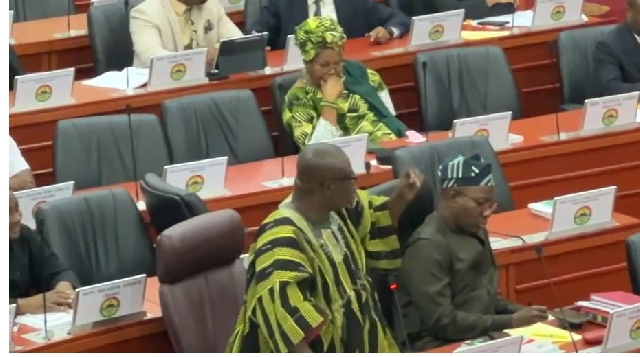 Isaac Adongo on the floor of Parliament
Isaac Adongo on the floor of Parliament
Parliament on Tuesday commenced debate on Ghana’s 2026 Budget, with prominent Members of Parliament presenting sharply contrasting views on the country’s economic direction.
Chairman of the Finance Committee and Bolgatanga Central MP, Mr Isaac Adongo, opened the discussions with a strong endorsement of the government’s economic management.
He assured Ghanaians that inflationary pressures anticipated in 2026 would be contained under what he described as responsible leadership.
Mr Adongo praised the Mahama-led administration for strengthening the economy and urged the public to trust the current financial team, which he said is far more competent than the previous NPP administration.
He accused the former government of reckless spending that contributed significantly to today’s economic instability.
Though he admitted that inflation may remain elevated next year, Mr Adongo maintained that stabilising interest rates would ultimately anchor the economy.
But the Minority Caucus pushed back, dismissing the budget as “an illusion of stability” and accusing the government of “fiscal deception.”
Responding to criticisms, Government Communications Minister Felix Ofosu Kwakye defended the administration’s spending priorities.
He highlighted the GHS1.3 billion invested this year in feeding Ghanaian schoolchildren, which he said has improved food quality and availability nationwide.
He also outlined progress on 33 ongoing projects, including major road developments previously abandoned due to the lack of funds.
On concerns about the government’s gold initiatives, he stressed that the policies do not involve printing money for Goldboard, insisting on full transparency.
On the opposition side, Atiwa East MP Miss Abena Osei Asare raised alarm over the fight against illegal mining (galamsey).
She questioned whether the GHS2.1 billion allocated to the Ministry of Lands and Forestry is sufficient to combat the menace, linking the persistence of galamsey to youth unemployment and economic hardship.
Similarly, Walewale MP Mr Mahama Tiah Abdul-Kabiru criticised the government’s Big Push programme, arguing that it has not demonstrated its potential to create sustainable jobs.
He noted that only half of the allocated funds had been spent and questioned the government’s medium-term borrowing plans, including proposals to raise GHS 8 billion in both 2026 and 2027.
He described the move as worrying for Ghana’s fiscal outlook.
Meanwhile, in a rare moment of unity, Parliament unanimously adopted the Committee on Economy and Development’s report recommending a review of the Investment Policy and Management of the Ghana Petroleum Funds.
The decision, taken under Section 30(1)(a) of the Petroleum Revenue Management Act, 2011 (Act 815), aims to ensure Ghana maximises revenue from its petroleum resources.
The debate on the budget continues as lawmakers grapple with competing visions for Ghana’s economic future.
Source: Classfmonline.com/Havilah Kekeli
Trending News
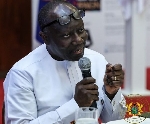
OSP charges former Finance Minister Ken Ofori-Atta and seven others with 78 counts of corruption
18:10
A/R: Offinso North DCE calls for calm over siting of 24-Hour Economy market
07:39
Trinity Baptist Church Women’s Missionary Union donates GHS 20,000 worth of items to Amanfrom Camp Prison
09:09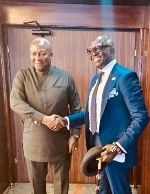
President Mahama appoints Kwasi Kyei Darkwah as Special Envoy to the Caribbean region
09:10
Youth Ministry mourns El-Wak Stadium victims, vows to boost safety in recruitment
03:49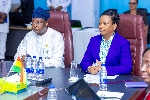
Ghana and Nigeria Police forge joint task force to combat human trafficking
10:32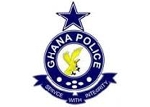
Police arrest woman for alleged publication of false kidnapping news
18:00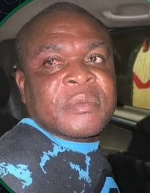
Police arrest man seen assaulting wife in viral Facebook video
06:28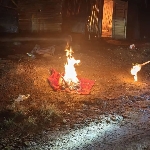
NAiMOS taskforce raids galamsey site in Aowin, arrests 7 and seizes weapons
03:54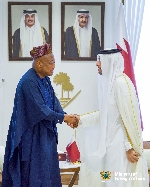
Foreign Affairs Minister on official visit to Qatar to advance talks on trade, security and labour mobility
07:59




